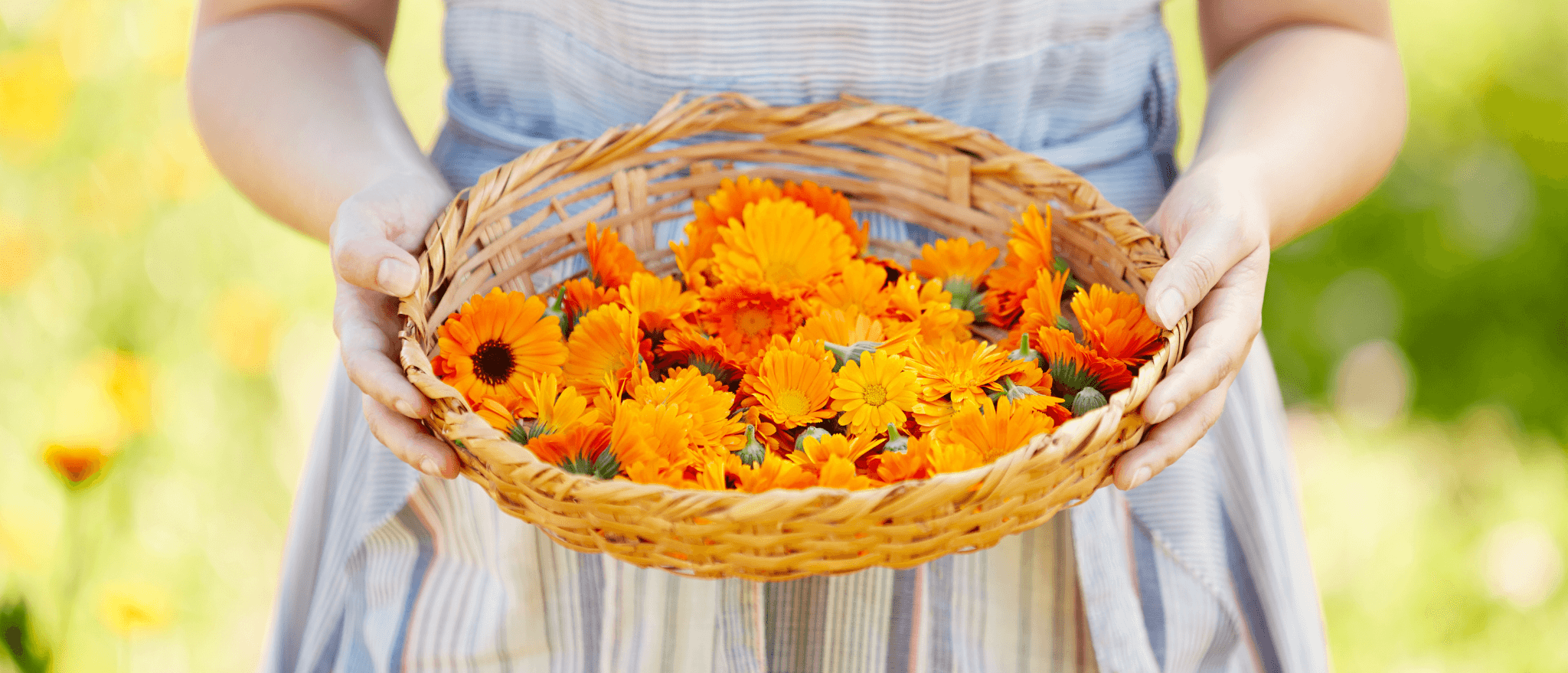WHAT IS SLOW FARMED BEAUTY?

to celebrate earth month, laurel participated in an interview with one of our local partners, beauty heroes, to discuss our approach, which we call slow farmed beauty. we were inspired to share the interview as an introduction to this important topic, that is at our center as humans and as a company.
Laurel Skin embraces slow farmed beauty. Can you define what Slow Farmed Beauty is?
For me, Slow Farmed Beauty is aligned with the Slow Food or Slow Fashion movements. When we look closely, we can see that fast food and fast fashion can be really harmful to both people and planet – the beauty industry is no different in that regard. Our Slow Farmed Beauty approach was birthed from those same ideals to put care and mindful intention into everything we do and to do no harm. It is a slow process to do things in a way that is truly aligned with what is best for the Earth and for all the beings that call this planet home. A slow process that cannot possibly put profit first.

Our Slow Farmed Beauty approach includes a variety of factors, but is built on the foundation of human connection and relationships. We genuinely care about all the human hands who seed and harvest our ingredients to those who pack up our shipments. We advocate within our industry for farmers to get paid for their actual time, as opposed to by the pound, which does not result in a livable wage. On average, we pay 2-5x more what bulk organic international ingredients cost, in order to support domestic farmers and lower our carbon footprint by bringing sourcing closer to home. Yearly, we contribute to domestic farms’ financial needs in other ways like the purchasing of equipment, water fees, or labor costs. We have done this for struggling small family farms that we don’t get ingredients from, as well as collaboratives which focus on bringing farming back to Black and Indigenous communities.
From a planetary health perspective, we only work with farms who have a regenerative operation and have a genuine reciprocal relationship with the land that they steward. Absolutely no pesticides, GMOs, glyphosate, or anything that will eventually make its way into our water supply or food chain. We work with farmers who truly love and respect the Earth, and that feeling of letting Nature lead comes through in our products.
How do Slow Farmed ingredients differ from wildcrafted ingredients?
Slow Farmed ingredients are planned from seed to bottle. We work with our farms at the beginning of each year to ensure they are planting what we need and that they have the resources they need for the year ahead. They then work all throughout the year to “give back” to the planet through the practice of regenerative agriculture, which is a system of farming principles and practices that increases biodiversity of the ecosystem, enriches soils, and improves watersheds. This type of sourcing is reciprocal by promoting the culture of living in relationship with the land.
Wildcrafted ingredients are taken from an environment pre-existing in Nature. This is not reciprocal and doesn’t give back – it only takes. And this is something to keep a close eye on, because it can be disrespectful to domestic Indigenous lands or it can bring harm to international Indigenous economies. Wildcrafting can also disrupt animal habitats leading to extinction or endangerment for species of both plants and animals. There is a reverence and respect for the planet missing in this act of taking for profit without considering the broader and longer term consequences for Mother Earth.
Do you think it is possible for companies, like beauty companies or food companies to make a positive impact on the planet, by sourcing their ingredients in an ethical, responsible and slow way? Or, are they just minimizing their impact on the environment?
Yes, I definitely think regenerative farming is positively impacting the environment and all humans (as a part of Nature) benefit as well. There are many who argue that regenerative farming can have a reverse effect on climate change. Reducing conventional practices like large-scale industrial agriculture, mass pesticide/glyphosate use, and eliminating GMOs are things that could absolutely turn things around for our planetary home. Earth is so resilient and swiftly powerful when harm is removed! While Laurel Skin is only doing this on a very small scale, I feel it is the responsibility of all of us within ‘green beauty’ – or we probably shouldn’t be making any sustainability claims.
Do you think that the increased demand for plant-based ingredients is having a positive impact on the environment?

How do you feel slow farmed ingredients translate to our bodies and to our skin?
Right! This is important too! Hands down it is so easy to see the visible difference in our ingredients compared to bulk commercial ingredients. They are more vibrant in color, which is a direct translation to their level of antioxidants and nutrients. Our Slow Farmed ingredients impact how potent, effective and result-driven our products are for the skin. Additionally, we often hear that people can ‘feel the love’. This is always the biggest compliment I can receive. I have genuine love for our Earth, for our farmers, for our ingredients and for every step of the process from seed to bottle. That “love in our supply chain” is an energy that can be felt by every cell of our bodies when we tune into it. I have no doubt that energy defines who we are as a brand in a way that people can only feel, but not describe.